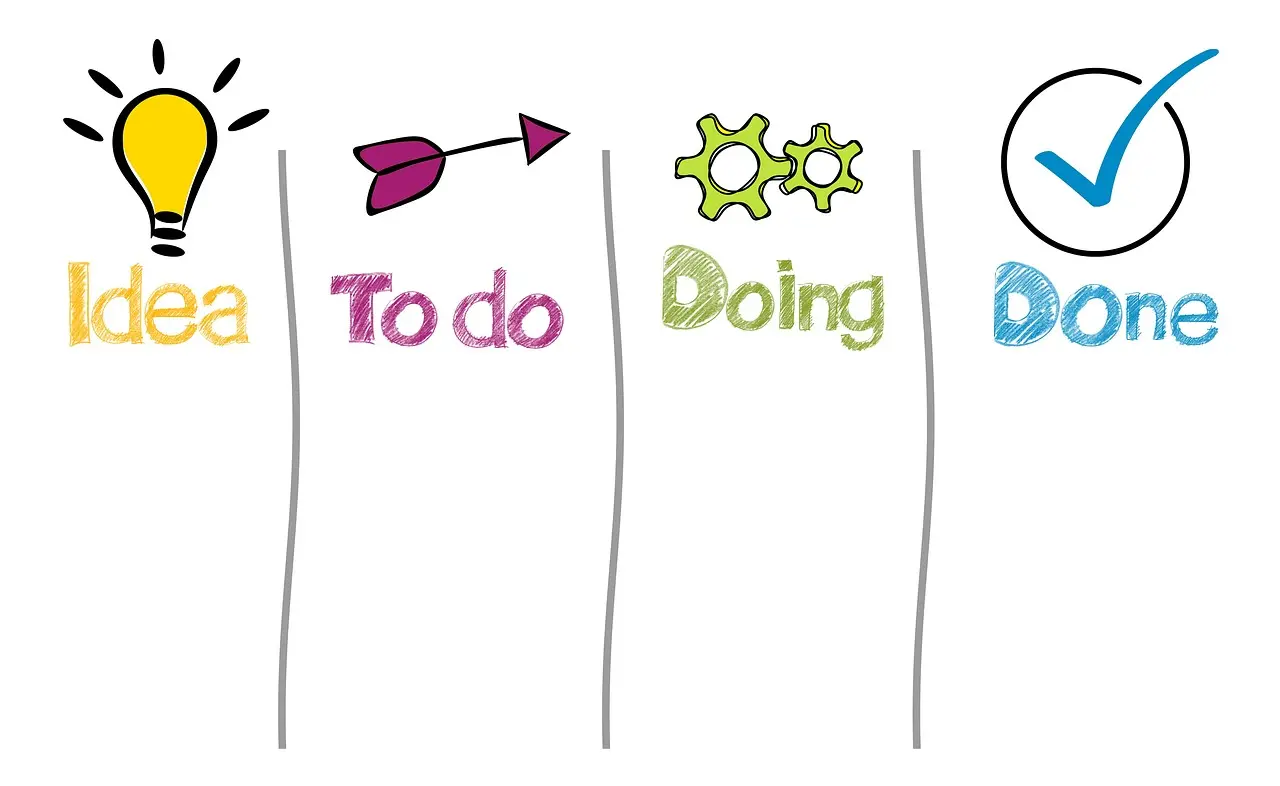The profession of a programmer is becoming one of the most in-demand in the world every year. In 2025, the number of vacancies in the IT sphere, according to HeadHunter, increased by 27% compared to the previous year. The demand for experienced and qualified specialists exceeds the supply, and the online format allows earning above the average in Russia (150–250 thousand rubles and higher). The question of whether it is difficult to study to become a programmer remains open for those who are just planning to start this path.
What types of programmers are there and is it difficult to study
There are different types of software engineers. The level of complexity of learning depends on the specialization.

Frontend Developer: Visual Approach and Moderate Requirements
Frontend programmers are responsible for developing and designing interfaces for websites and applications. Here, skills in working with JavaScript, React, Vue, or Angular, knowledge of HTML and CSS are especially important. The most in-demand programming language for a specialist in 2025 remains JavaScript (82% of projects use it as the main language, according to Stack Overflow data).
Is it difficult to study to become a frontend developer? Compared to other specializations, acquiring the qualification has a moderate level of difficulty and takes from 6 to 12 months of daily study. An important condition is the ability to think visually and consider user experience when creating interfaces.
Backend Developer: Deep Knowledge and Analytical Thinking
Backend programmers create the server-side of web applications, ensure the interaction of the website with databases, and process user requests. Whether it is difficult to study to become a backend engineer depends on the chosen format and depth of the material being studied.
The programming languages most commonly studied here are Python, Java, PHP, and Node.js. For example, Python is used in 68% of all server projects in Russia, according to the Habr Career research for 2024. The complexity of learning this specialization is higher than frontend, as it requires a deep understanding of logic, data structures, databases, and structural technologies. The average duration of educational programs ranges from 9 to 18 months.
Fullstack Developer: Frontend and Backend Combination
A fullstack specialist combines frontend and backend functions, which immediately increases the complexity of learning programming almost twofold. In 2025, the demand for such professionals is 30% higher compared to narrowly focused developers. Is it difficult to study to become a fullstack developer? Undoubtedly, yes — it is the most challenging direction for beginners, as it requires simultaneous learning of multiple technologies and languages. One needs to be proficient in JavaScript and React for the frontend part, Python or Java for the backend, as well as have a good understanding of databases and API interfaces. The duration of such learning ranges from 12 to 24 months.
Mobile App Developer: Balancing Complexity and Relevance
Specialists in mobile software are particularly in demand in 2025. The main focus here is on the Android and iOS platforms, which means that the key programming languages are Kotlin (for Android) and Swift (for iOS). The complexity here is moderate — approximately at the same level as frontend. However, a deep understanding of the operation of mobile devices, interfaces, and user behavior is required. Educational programs take from 9 to 15 months, after which a specialist is able to independently create software.
Is it difficult to study to become a programmer in 2025: key factors
The main difficulties of learning programming can be divided into several categories:
- Understanding logic. Beginners often struggle with algorithmic thinking. The key barrier is the transition from everyday consciousness to the strict logic of code.
- Mastering programming languages. The process requires regular practice. For example, mastering Python to a confident level takes about 6 months with daily study of 2–4 hours. Java and C# — from 9 to 12 months. In 2025, the requirements for software developers have become stricter: companies expect knowledge of multiple languages and frameworks.
- Working with large amounts of data. The information flow in courses is very high — in one month of study, a student covers a mass of material equivalent to a half-year university program.
Online Programming Education
Is it difficult to study to become a programmer online? In 2025, the digital education format significantly simplifies mastering the profession. Online schools, such as Skillbox, Yandex Practicum, or Coursera, offer training from scratch, significantly reducing the entry threshold for newcomers.
Advantages:
- The opportunity to study in a comfortable mode and review the material multiple times.
- Interactive courses with practical assignments and automatic code checking.
- Instructors from leading companies (Yandex, VK, Amazon) provide feedback, helping beginners avoid common mistakes.
Requirements for Programmers in 2025: What to Prepare for
Employers have the following requirements for developers:

- Proficient in at least one main programming language.
- Ability to work with version control system Git.
- Experience with team projects (using Agile, Scrum).
- Skills in managing cloud technologies (AWS, Azure, Google Cloud).
- Good soft skills: communication, time management, ability to learn quickly.
Career Prospects: Is It Worth Overcoming the Learning Difficulties?
Is it difficult to study to become a programmer — an important question, but the difficulties are justified by career prospects. The average income of a developer with one year of experience or more in Russia is 200–300 thousand rubles per month. Foreign companies offer incomes ranging from 4,500 to 7,000 dollars per month. Working online as a programmer allows choosing a convenient schedule and working remotely with clients worldwide. In 2025, engineers can develop horizontally and vertically: from technical leaders (Team Lead, CTO) to software architects and product managers.
Conclusion
Answering the question of whether it is difficult to study to become a programmer, it should be noted that the profession requires effort and regular practice. With the right approach, choosing a relevant programming language, and a quality online course, learning becomes accessible. In 2025, the demand exceeds the supply, allowing a confident entry into the profession, quickly recouping efforts, and starting to earn steadily within a year after obtaining a certificate.
 en
en  ru
ru  de
de  ar
ar  es
es  nl
nl  hi
hi  fr
fr  pt
pt  it
it  el
el 












